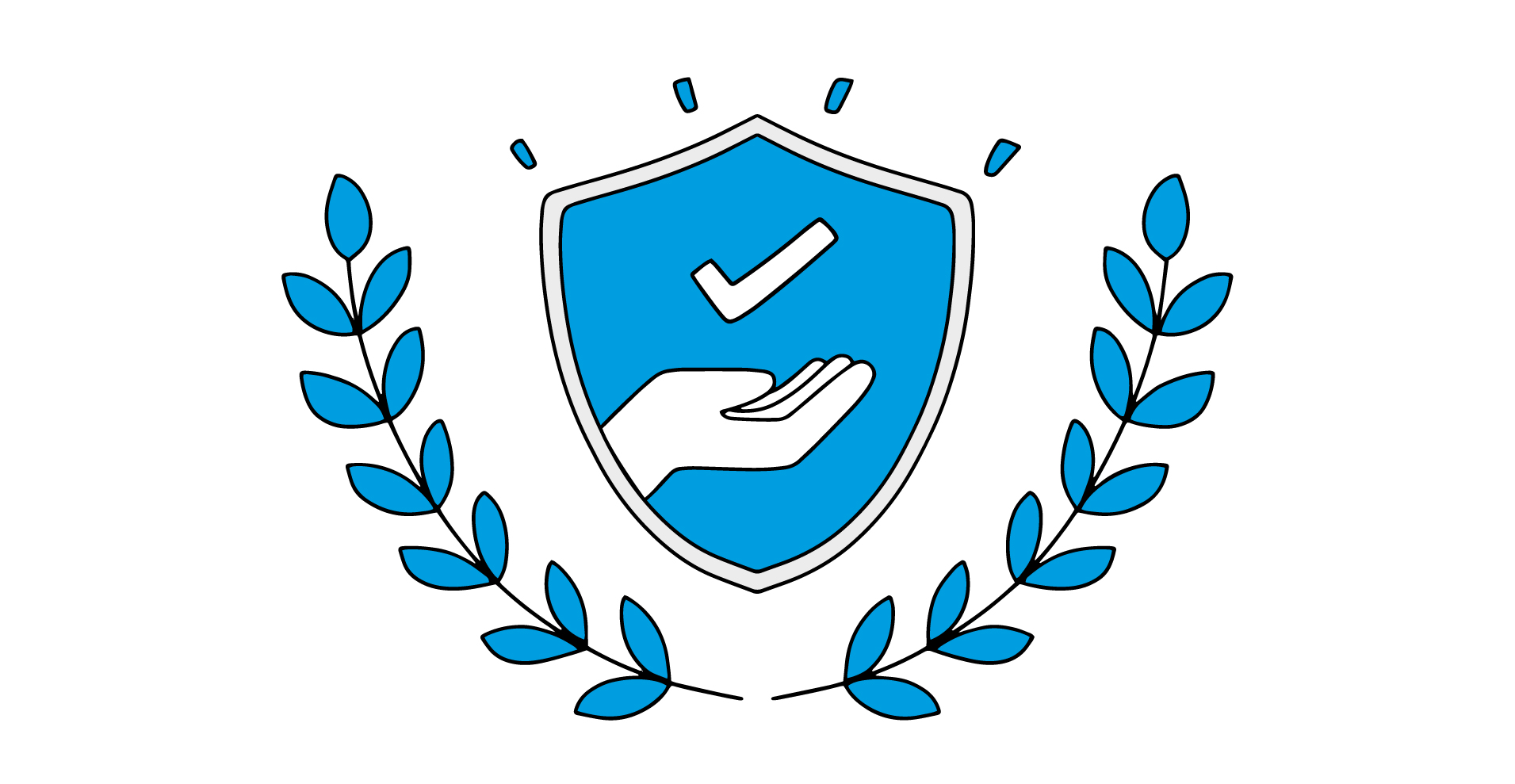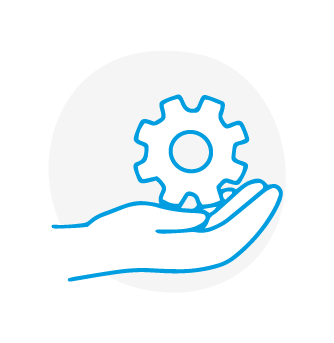8 tips for creating an environment of trust in an organization-EN
Iria Rivero
It is often easy to find signs of a company’s culture in a conversation about work and check if there is an environment of trust. Language is powerful, and it makes many realities visible.
There are times when you can sense inclusive cultures, where innovation is encouraged and learning is embraced. However, many organizations in which trusting spaces do not exist. It is common for mistakes to be punished, and the general fear is to be “out of the picture.”
How to create an environment of trust?
An organization’s culture is the key to making the rest of the pieces fit together. As common sense and the Agile manifesto say, motivated people, do the best work. It’s not the only thing necessary for an organization’s success, but you’re halfway there if you get it right.
So why don’t we have safe spaces to make mistakes then?
The reality is that we have been educated in systems where mistakes are penalized, which creates a standard of self-demand that is difficult to sustain. We have been told that failure is bad. In addition, competition is enormous, and the others are rivals to beat. It is mistrust that governs a good part of work relations.
Fortunately, some people step outside the standards, such as the founders of the famous “World’s Worst Orchestra.”
The Portsmouth Sinfonia
The Portsmouth Sinfonia was born in England in the 1970s. Its creators conceived it as a challenge to the established norms, the arrival of the punk movement to classical music. They created an orchestra where there were only two rules:
- To know absolutely nothing about the chosen instrument,
- and to attend rehearsals.
The picture is an orchestra with people who are learning to play an instrument. They fill important theaters to perform universally recognized works, where harmony is far from passing through the hall.
They don’t mind making a fool of themselves, nor about the laughter that they unleash in many concerts, which can be heard in the videos you can find on Youtube. Learning matters to them, and they all share their mistakes daily with the public.
These look like universal facts: sincerity, support, collaboration, learning… but they are not in our organizational cultures. The question then is how we can build trust?
It is not necessary to be the Portsmouth Symphony, but its example is inspiring to think about some steps.
8 tips to generate trust
1. Create space for creativity and failure
A great example is the 20% rule. Some companies have implemented an action where internal people can develop their ideas during that percentage of the working day.
This generates very dynamic processes, where a hypothesis is built and presented in one day: it can be for any aspect as long as it is aligned with the company’s purpose and strategy. Most of them will not have more development than what has been invested in that day, but it generates the space for the person to be motivated with their project, and learning is the added value. In addition, some famous ideas come from this type of space, such as the famous Post-It.
2. Collaborate in the autonomy of individuals and teams
Trust is laid when people feel part of the organization, of critical day-to-day decisions. Leaders understand that the best person to make decisions does not necessarily have to be a manager, but the one who has the best judgment to make them.
This change is not easy. It involves delegating, fighting one’s fears, managing egos… but there are many degrees to self-management. The road is long but necessary to change to an environment of trust. The key is to take small, steady steps.
3. Encourage collaboration instead of competition
If you try to recall an example of success in any sector in recent years, one of the first to mind may be Spanish gastronomy. The type of relationship they have in this profession demonstrates the success of collaborating. The only explanation for the exponential development of haute cuisine is how we can go much further if we build on each other’s ideas. Evolve them to another level.
This does not mean that there is no competition. The difference is understanding that you don’t need to beat others to improve but develop together. The only thing that will get you further is to walk the path of improvement.
4. Good leadership
Easy to say, hard to put into concrete terms. It may take more than one article to talk about what we mean by good leadership, but if we hear questions like, “What you need to do is…” instead of “How can I help you?” it already gives us a clue.
Leaders understand that their role is to bring out the leadership of others. This is not a goal but a road to transit. At some point along the way, it will stop being based solely on the strengths of individuals. Other elements such as commitment, relationships and roles will matter.
5. Encourage a culture of conversations and feedback
To incorporate the feedback, we will have already taken some steps. We will have some space to generate collaborative relationships in safe environments and with leaders who understand their new role.
The first thing we need to understand is that it is a gift. It’s getting insight into your work from someone else’s eyes, information about yourself that comes in the form of a conversation. Of course, it only works if it is done with honesty and empathy.
There are many ways to collect feedback. Fishbowl feedback can be beneficial to generate spaces of trust between the same or different teams. It is a quick and easy dynamic, by which a team presents in about 5 minutes the most important aspects of an idea or project, something they want to validate. Once done, the attendees talk about the positive aspects they have detected and what has not been transparent or what they have not understood. The conversation is generated, leaving out the team, who will not re-explain or intervene, only listen. In 15 minutes, you validate and improve an idea and create a space of trust to turn to when you need it.
6. Having a facilitator
The figure of a facilitator is increasingly required, and it is not a coincidence. It is because it has proven helpful on many occasions. Having a facilitator helps maintain focus, eliminate impediments, and achieve goals. It is about making others aware if we deviate from good practices.
It does not require previous training, just having the mindset and some specific skills, and it is highly recommended that all people experience it.
7. Measuring progress in confidence-building
The only way to know if progress is being made is to set indicators and measure them. The first indicator is people’s opinions, starting from the security of anonymity, especially in untrusted environments. Depending on the implemented actions, different indicators can be put in place, but they must be not vain and seek values that tell us whether we are on the right track.
8. The most important thing: putting it into action
Change management has an absolute maxim: everything will stay the same if nothing changes. Therefore, it doesn’t matter what situation you are in, but what you want to work on.
Start by taking one step, the easiest, and the one that will bring you the most value. Create conversations about trust with people you work with, and when you see opportunities, take the following steps. This is the essential thing: to start!








